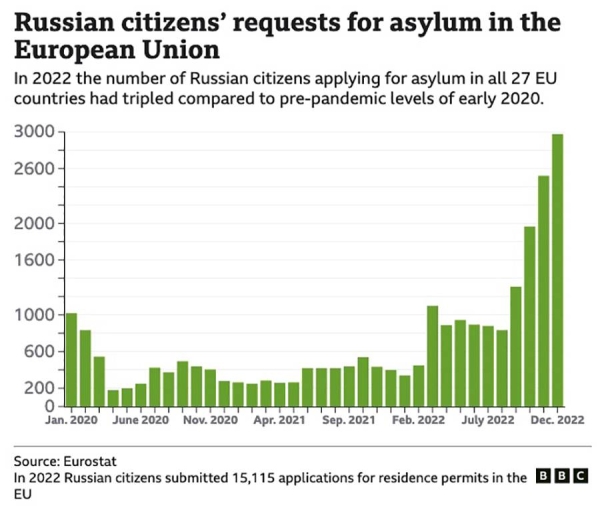
The visit of a Saudi delegation, headed by Majid Al-Qassabi, the minister of commerce and investment, to Baghdad, is an important development in the relationship between the two countries since the fall of Saddam Hussein in 2003.
Saudi apathy toward its neighbor’s development, due to Iranian intervention in Iraqi internal affairs, political tension, sectarianism, marginalization, and violence toward the Sunni community by militias supported by Tehran, has for a long time clouded these relations.
For reasons of security, though, the Kingdom has stepped up efforts to preserve the Arab identity of Iraq, all the more so since Hossein Dehghan, the Iranian defense minister, bragged that Iraq would soon became part of the “Persian Empire” and not return to the Arab world.
The Saudi government has since become a lot more proactive in opening dialogues with political and religious leaders to try to reach common ground to prevent Iran from isolating Iraq from its Arab neighbors.
The Kingdom’s leaders are well aware of the security, political, social and economic problems Iraq has experienced since the US invasion nearly 16 years ago, and, as part of the strategy to resolve the old diplomatic impasses between Riyadh and Baghdad, have offered financial and strategic support to the Iraqi government. Tehran, however, has moved to block these efforts at every turn.
The visit, then, of such a high-level Saudi delegation, including half the government in addition to the heads of a number of important bodies and businessmen, is as much an important signal as well as a vital practical event in the course of relations between the two countries.
The meeting of Saudi-Iraqi Coordination Council included the announcement of the imminent opening of three new Saudi consulates in addition to the reopening of our consulate in Baghdad, and Al-Qassabi’s announcement about the Kingdom’s readiness to support Iraq in order to develop infrastructure, as well as amend laws and regulations in order to provide an attractive investment environment, must be seen as a vote of confidence from King Salman’s team.
The Kingdom has allocated $500 million to support Iraqi exports, and a further $267 million in loans to support development projects in the energy sector, from fossil fuels and petrochemicals to renewable energy. Riyadh has also given assurances over the building of a vast new sports complex, with over a billion dollars pledged in further grants.
The support comes at a difficult time for Baghdad, with pressure from the Trump administration in Washington, DC, and sanctions still in place. The Iranian government, meanwhile, has demanded increased political alignment in return for cooperation, with Ali Khamenei demanding Baghdad expel US troops from Iraq. Saudi Arabia, by stark contrast, has made no such demands in return for investment and support.
Iran has provided Iraq poisoned promises, bringing only destruction, devastation and division. The Kingdom, though, bears only love and affection for Iraq and its people. Some may think that the large sums already invested in the country are extravagant, and too risky to be put into a country in which Iran is so desperate to control. But, in the words of Abu Tayeb Al-Mutanabbi: “Great schemes are measures of resolute men; and noble deeds, of the noble-minded.”












